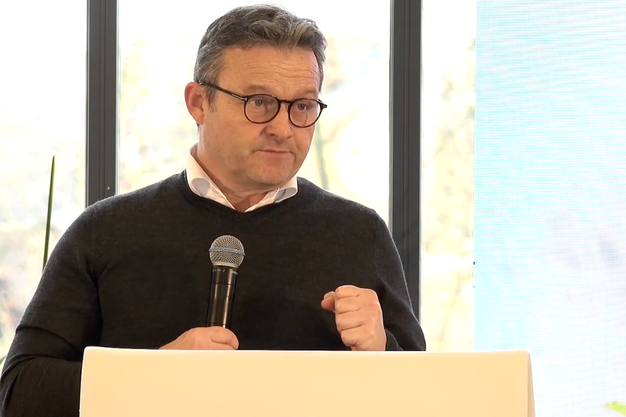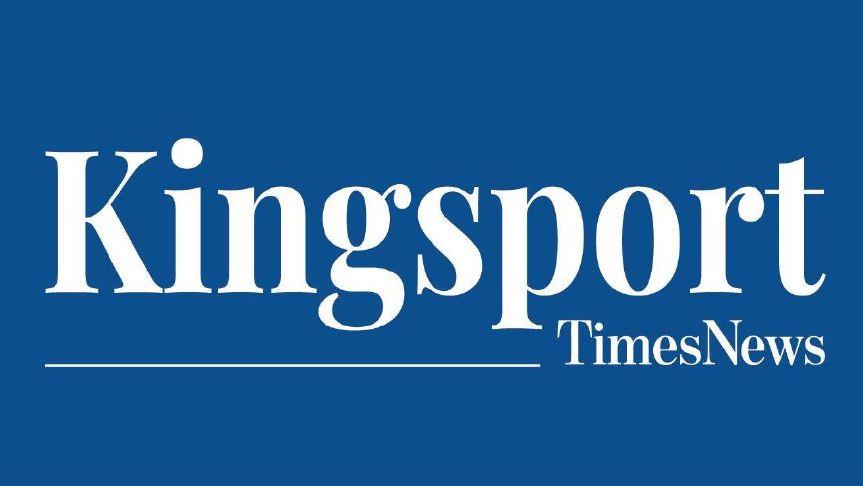ASU’s W. P. Carey School of Business recognized globally for excellence in research – ASU News
.jpg?#)
Report on the Research Impact of the W. P. Carey School of Business and its Contribution to Sustainable Development Goals
Introduction: Research Excellence and Global Sustainability
Arizona State University’s (ASU) W. P. Carey School of Business is demonstrating a significant impact on industry and society through its commitment to innovative business research. This research is directly aligned with advancing the United Nations Sustainable Development Goals (SDGs) by addressing critical global challenges. The school’s work serves as a catalyst for meaningful change, translating academic excellence into practical solutions for a more inclusive and sustainable world.
Financial Times Global Research Ranking
The Financial Times Business Education Research Insights report recently affirmed the quality and impact of the school’s faculty research. The rankings, which assess peer-reviewed research published over the past five years, place the W. P. Carey School in a premier position:
- No. 17 Globally
- No. 14 in the United States
- No. 3 among U.S. Public Universities
This achievement places the school ahead of notable institutions including Duke, the London Business School, and INSEAD, reflecting the relevance and influence of its scholarly output.
Strategic Alignment with Sustainable Development Goals (SDGs)
The W. P. Carey School’s research portfolio, supported by over 20 research centers and labs, directly contributes to achieving key SDGs. The school’s focus areas are pivotal in creating knowledge that serves the public good and promotes sustainable business practices.
- SDG 8 (Decent Work and Economic Growth): Research in entrepreneurship and economics fosters innovation and supports the development of sustainable enterprises, contributing to robust economic growth and job creation.
- SDG 9 (Industry, Innovation, and Infrastructure): Studies in AI, data analytics, and ethical technology practices are foundational to building resilient infrastructure and fostering inclusive, sustainable industrialization.
- SDG 12 (Responsible Consumption and Production): Research in supply chain management and food systems aims to enhance resilience and efficiency, promoting sustainable production patterns and reducing waste.
- SDG 1 (No Poverty) & SDG 10 (Reduced Inequalities): A dedicated focus on financial inclusion within finance and governance research seeks to provide equitable access to economic resources, a critical step in poverty alleviation and reducing inequality.
As stated by Dean Ohad Kadan, the school is “dedicated to producing insights that inform and empower others to contribute to a more inclusive and sustainable world.”
Institutional Context and Future Outlook
The W. P. Carey School’s success is a component of ASU’s broader commitment to high-impact research, evidenced by nearly $904 million in university-wide research expenditures. The National Science Foundation ranked ASU No. 5 among institutions without a medical school for research and development. This environment encourages faculty to pursue rigorous scholarship that addresses the critical challenges facing business and society. The school remains committed to fostering interdisciplinary collaboration to translate academic excellence into actionable solutions that advance the global sustainability agenda.
SDGs Addressed or Connected
-
SDG 4: Quality Education
The article focuses on the research output of a higher education institution (Arizona State University’s W. P. Carey School of Business). Its commitment to producing high-quality, impactful research contributes to the global knowledge base, which is fundamental to quality education and lifelong learning opportunities.
-
SDG 8: Decent Work and Economic Growth
The school’s research on topics like “entrepreneurship,” “economics,” and “financial inclusion” directly relates to fostering sustainable economic growth. The article states the school aims to drive “meaningful change in best business practices,” which can lead to increased productivity and innovation.
-
SDG 9: Industry, Innovation, and Infrastructure
This is a central theme, as the article highlights research as a “catalyst for innovation.” Specific research areas mentioned, such as “AI and data analytics,” “supply chain resilience,” and “ethical technology practices,” are key components of building resilient infrastructure and fostering sustainable industrialization.
-
SDG 12: Responsible Consumption and Production
The focus on improving “supply chain resilience” and “supply chain management” implies research into creating more efficient, less wasteful, and more sustainable production and distribution systems, which is a core aspect of SDG 12.
-
SDG 17: Partnerships for the Goals
The article notes that the school’s research is “cited in think tank and government documents” and “influences public policy.” This demonstrates a partnership between academia and other sectors (public and civil society) to use knowledge for the “public good” and contribute to a “more inclusive and sustainable world.”
Specific Targets Identified
-
Target 4.4: Relevant skills for employment
The school’s research in “entrepreneurship and business design” contributes to the body of knowledge needed to equip adults with relevant skills for employment and entrepreneurship.
-
Target 8.2: Achieve higher levels of economic productivity
By producing research that is a “catalyst for innovation” in areas like “AI and data analytics,” the school contributes to the technological upgrading and innovation needed to boost economic productivity.
-
Target 8.10: Expand access to financial services
The article explicitly mentions the school’s dedication to “financial inclusion,” indicating that its research aims to inform policies and practices that strengthen and expand access to financial services for all.
-
Target 9.5: Enhance scientific research and encourage innovation
The entire article is a testament to this target. It highlights the school’s high ranking in research, its significant research expenditures (“nearly $904 million”), and its goal to “translate academic excellence into solutions that matter,” thereby enhancing scientific research and encouraging innovation.
-
Target 17.17: Encourage effective partnerships
The mention of research influencing “public policy” and being cited in “government documents” implies the formation of knowledge-sharing partnerships between the university and public institutions to achieve sustainable development goals.
Indicators Mentioned or Implied
-
Quality and quantity of peer-reviewed research
The article explicitly states that the Financial Times rankings are based on “the quality of peer-reviewed research published within the past five years.” This serves as a direct indicator of the school’s contribution to knowledge creation (relevant to Target 9.5).
-
Research expenditures
The article mentions that ASU has reached “nearly $904 million in research expenditures.” This financial figure is a quantifiable indicator of the investment in and scale of scientific research activities (relevant to Target 9.5).
-
Citations in policy and government documents
The ranking methodology, as described in the article, includes research “cited in think tank and government documents.” This serves as a qualitative indicator of the research’s influence on public policy and its role in partnerships (relevant to Target 17.17).
-
Number of specialized research centers
The article states the business school “houses more than 20 research centers and department-supported labs.” This number acts as an indicator of the institutional capacity and focus dedicated to innovation and specialized knowledge in fields relevant to the SDGs (relevant to Target 9.5).
SDGs, Targets, and Indicators Table
| SDGs | Targets | Indicators |
|---|---|---|
| SDG 4: Quality Education | 4.4: Increase the number of youth and adults who have relevant skills for employment, decent jobs and entrepreneurship. | Research output in fields like “entrepreneurship and business design.” |
| SDG 8: Decent Work and Economic Growth | 8.2: Achieve higher levels of economic productivity through innovation. 8.10: Expand access to banking, insurance and financial services for all. |
Research focused on “innovation,” “AI and data analytics,” and “financial inclusion.” |
| SDG 9: Industry, Innovation, and Infrastructure | 9.5: Enhance scientific research, upgrade the technological capabilities of industrial sectors, and encourage innovation. |
|
| SDG 12: Responsible Consumption and Production | 12.2: Achieve the sustainable management and efficient use of natural resources. | Research dedicated to “supply chain resilience” and “supply chain management.” |
| SDG 17: Partnerships for the Goals | 17.17: Encourage and promote effective public, public-private and civil society partnerships. | Research being “cited in think tank and government documents” and influencing “public policy.” |
Source: news.asu.edu
What is Your Reaction?
 Like
0
Like
0
 Dislike
0
Dislike
0
 Love
0
Love
0
 Funny
0
Funny
0
 Angry
0
Angry
0
 Sad
0
Sad
0
 Wow
0
Wow
0













































































